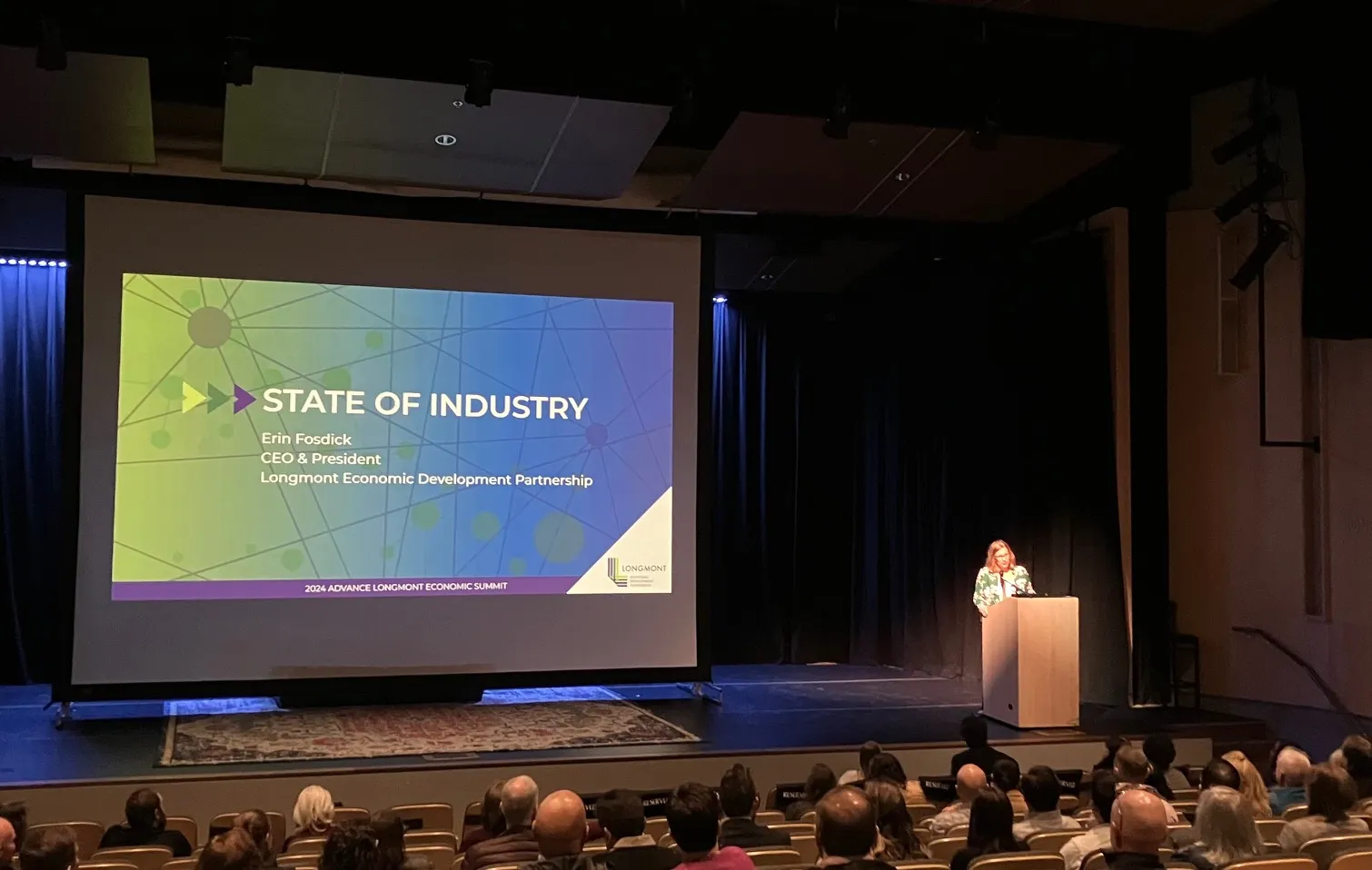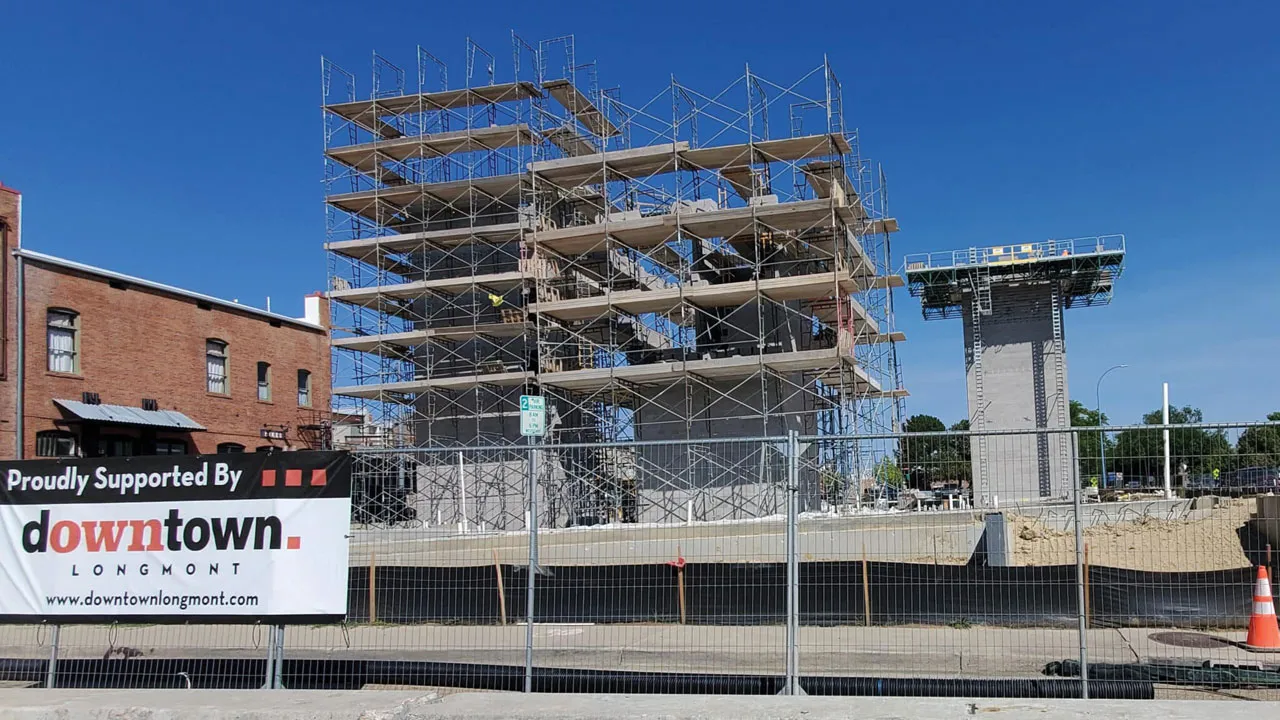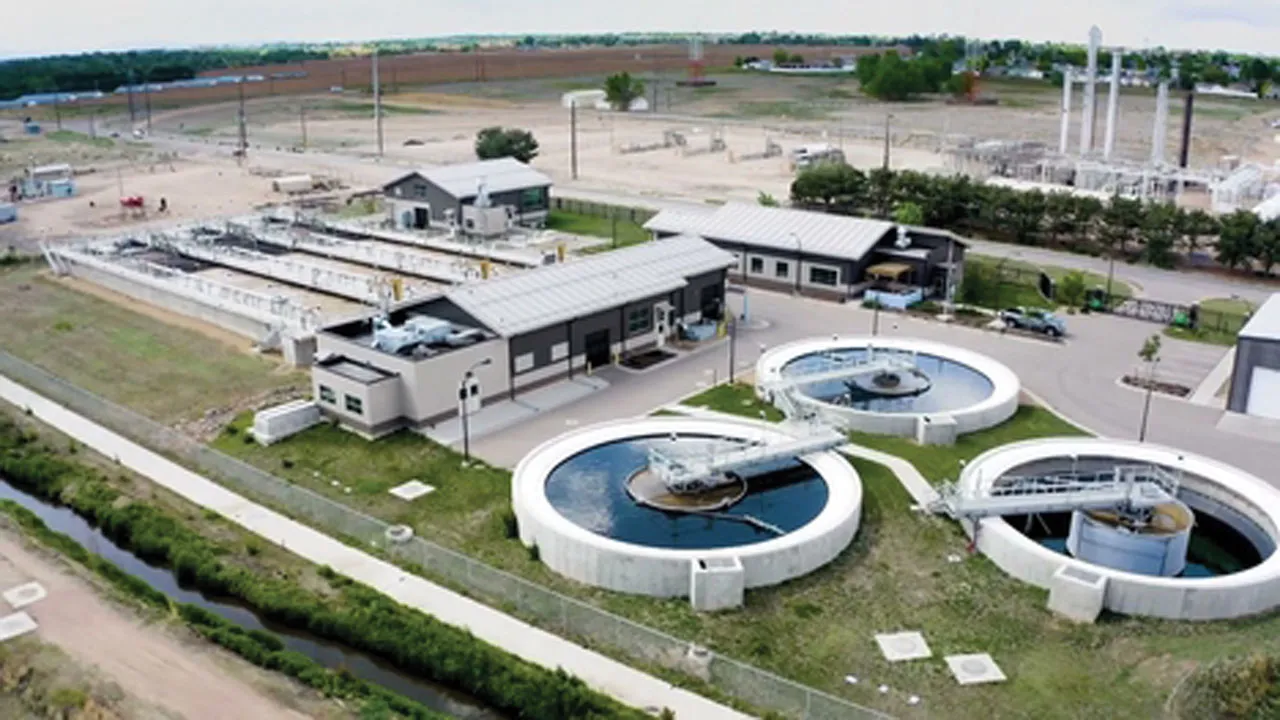Advance Longmont Summit: Growth could slow as headwinds converge

Longmont expects its economic growth to continue but at a slower pace.
THIS ARTICLE IS FOR SUBSCRIBERS ONLY
Continue reading for less than $3 per week!
Get a month of award-winning local business news, trends and insights
Access award-winning content today!
Already have a paid subscription?





